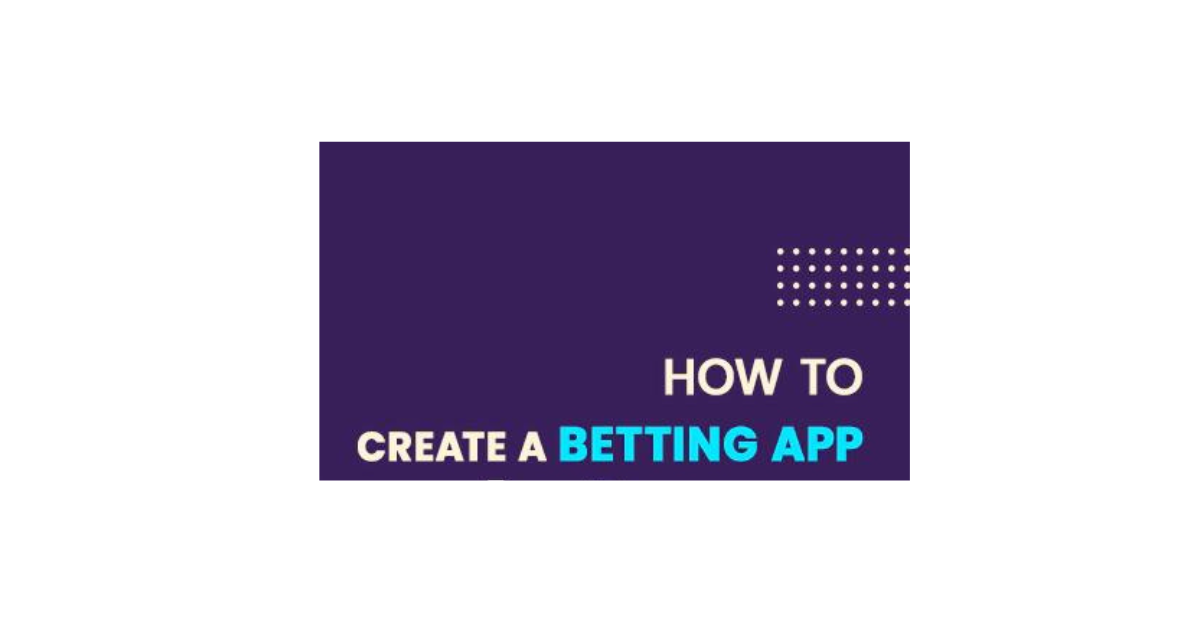Planning Your App
As you embark on the journey of developing an app, it is crucial to start with a clear vision and strategy in mind. Begin by outlining the purpose and goals of your app – what problem does it solve, and what value does it offer to its users? This initial step will lay the foundation for the rest of your planning process.
Next, consider the scope and scale of your app. Define the key features and functionalities that will set your app apart from others in the market. Prioritize these elements based on their importance and relevance to your target audience. Additionally, establish a realistic timeline and budget for the development process to ensure that your resources are allocated efficiently. By carefully planning these aspects, you can set yourself up for a successful app development journey.
Researching the Market
When researching the market for your app, it is essential to understand the current trends, competitors, and potential customer needs. Conducting thorough market research can provide valuable insights into what is already available in the market, what gaps exist, and how your app can offer a unique solution. By analyzing market data and consumer behavior, you can identify opportunities for differentiation and positioning your app for success.
Furthermore, market research can help you determine the demand for your app, potential pricing strategies, and effective marketing channels to reach your target audience. By gaining a comprehensive understanding of the market landscape, you can make informed decisions about the features and functionalities to include in your app, ensuring that it meets the needs and expectations of your intended users. Dedicate time and effort to researching the market to lay a solid foundation for the development and launch of your app.
Identifying Your Target Audience
Understanding your target audience is crucial for the success of your app. By identifying the specific demographics and psychographics of your potential users, you can tailor your app to meet their needs and preferences effectively. Conducting market research and analyzing user behavior patterns can help you gain insights into who your target audience is and what they are looking for in an app.
In addition to demographics, consider the interests, motivations, and pain points of your target audience. Understanding their behaviors and preferences will enable you to create a user-centric app that resonates with them. By aligning your app with the needs and desires of your target audience, you can increase user engagement and retention, ultimately leading to the success of your app.
Defining Your App’s Features and Functionality
When defining the features and functionality of your app, it’s essential to align them closely with the needs and preferences of your target audience. Consider what problem your app solves and how its features can address those pain points effectively. Conduct market research to understand which features are popular among users in your niche and incorporate similar functionalities into your app to stay competitive.
Moreover, the user experience should be at the forefront of your decision-making process when defining your app’s features. Streamline the navigation and ensure that the interface is intuitive and user-friendly. Prioritize the most crucial features that provide the highest value to your users and avoid adding unnecessary complexities that may detract from the overall user experience.
Choosing the Right Development Platform
When it comes to selecting the appropriate development platform for your app, it is essential to weigh various factors before making a decision. Consider the scalability, flexibility, and compatibility of the platform with your app’s functionalities. Additionally, evaluate the development tools, resources, and support offered by each platform to ensure a seamless development process.
Furthermore, take into account the expertise and familiarity of your development team with the chosen platform. Choosing a platform that aligns with your team’s skills and experience can expedite the development process and contribute to a successful app launch. Remember to also assess factors like cost, licensing, and ongoing maintenance requirements when finalizing your decision on the development platform.















